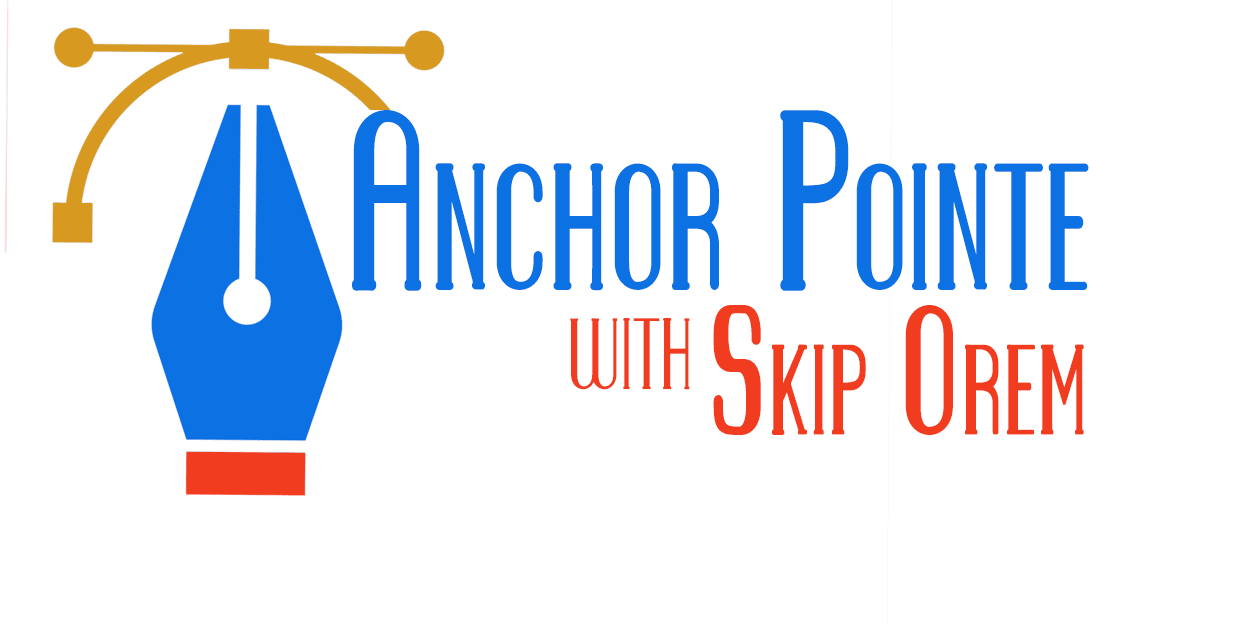AUDIO BURST – Web Radio Today
Burst 31.1 01.29.21
KNOWLEDGE IS POWER
KNOWLEDGE IS POWER
This is a special Web Radio Today EXCERPT from EPISODE 31, JANUARY 29, 2021
IMPORTANT SOURCES OF HEALTH INFORMATION ON THE INTERNET
Cancer Society, Diabetes Association, Heart Association, Prostate Cancer Foundation, Stroke Association, Arthritis Foundation, Osteoporosis Foundation, Alzheimer’s Foundation, Mayo Clinic
Transcript
Skip Orem (00:12):
Knowledge, it is power, everybody, and knowledge about your health, your body, your fitness level, any illness that you might be dealing with. Knowledge really is a very powerful tool to have in your tool bag as you’re working hard to stay fit, stay healthy and to prevent and fight disease. I try to help a little on each episode of Web Radio Today to give you some new things that I might have discovered in my research. Research, after all is, is one of the elements of our Disease Fighting and Fitness Model. But it’
also important that you continue to keep yourself informed on the latest developments, the latest information that affects your health and your wellbeing. It’s also important that you filter out the junk information that is so readily and so easily available on the internet.
Skip Orem (01:20):
When I first found out that prostate cancer had come to pay me a visit, I was scared and worried. But you know what? After going to the internet and googling information about prostate cancer, I was even more scared. I thought for sure that I was a goner. My fear, my anxiety went to such a high level, I almost gave up right there at the start. There is so much junk, junk information on the internet. So much of it’s not true. So much of what is disguised as information is actually paid advertising. Reading this stuff, this junk, it can actually make you sicker. It can actually get in the way of your ability to get well. I know, I know, you’re actually craving information at the time you’ve been diagnosed with the disease. And doctors, they don’t often have the time to give you all the information and the particulars that you may want and that you need. So how do you go about getting good, solid information about your health, your illness, disease prevention?
Skip Orem (02:46):
First of all, the gold standard is the time that you spend with your physician. Everybody, I want you to plan every visit with the doctor so that you can get as much information as possible during, well, that very limited time that our doctor can make available to you. Spend some time before the appointment thinking about the information you want to get from your doctor, questions that you need answers to. Write all those questions down and take your list with you. You’re not going to remember them all when you’re in with your doctor. Then here’s one of the really hard parts, listen, listen to what your doctor is saying. Listen to the answers that they’re giving you to your questions, and then I ask follow-up questions right then and there, as you think about them.
Skip Orem (03:49):
For us older folks, this can be hard. Some of us, well, we plain don’t hear well. For a lot of us, we’re so nervous about those appointments, sometimes even intimidated by our physician or the surroundings there on the office that, well, it’s just so hard to understand what’s going on and to really listen and understand what our physician is saying to us. The biggest help that I found is taking my wife along with me. Four ears are better than two. Take your spouse, your partner, or a friend with you to help you get the most out of the very limited amount of time that you have to spend with your physician. Take a recording device with you. Many physicians will let you record all or at least parts of the visit. Be sure to be courteous, and ask before you turn on the device. The gold standard, the best source of knowledge about your own health is your doctor. Plan the visit, write the questions down in advance, listen carefully, if you don’t understand, ask again, ask follow-up questions the second they occur to you, and take a partner along with you. And also, consider using a recording device during your visit.
Skip Orem (05:26):
When we started talking about all of this, I mentioned the dangers of getting information on the internet. There is good information on the internet, you just need to filter through all of the junk to find it. Don’t blindly google. A good place to start is the websites for the associations for the diseases. Heart disease, all the different cancers, diabetes, stroke, bone disease, they all have websites that are just full of information and the latest studies. Many of these associations, they also have Facebook pages and Twitter handles. Now, this may take me a couple of days, but I’m going to put links to all the importan
associations on the webradiotoday.com website as part of the transcript page for this episode. Just go to Web Radio Today, click on the podcast and show notes page, and then click on this episode, this is episode 31. Give me a couple of days to get those links ready.
Skip Orem (06:39):
There is also a library page at webradiotoday.com, and that page has links to several books that I know, I know this for a fact, can be a great help to anyone who’s been diagnosed with any kind of life- threatening disease. And please remember this, everybody to reach your goals this year of getting in shape, staying healthy, fighting disease, knowledge is power.
